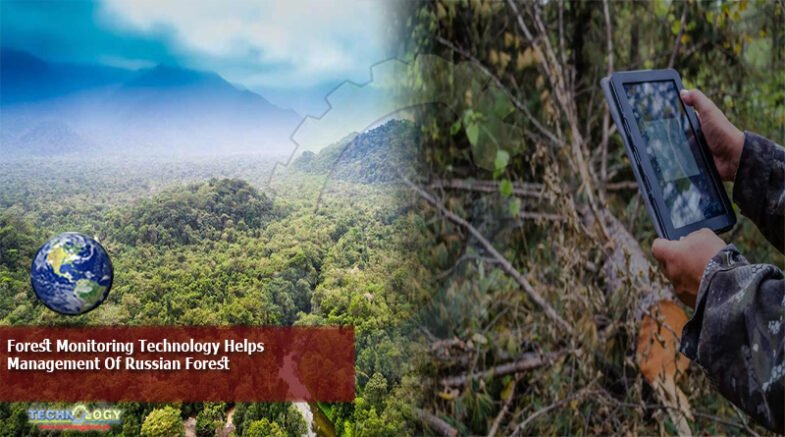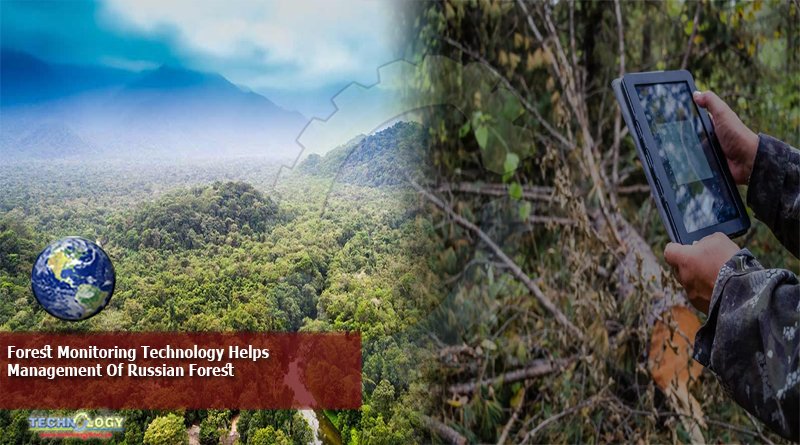AI receives, processes, and analyzes spatial data of changes in forest cover in all HCV forests on Russian forest territory. It separates areas where the forest cover has changed due to fires or infrastructure development, and then automatically shows logging sites on the map. It is integrated into hcvf.ru, a publicly available tool developed by WWF-Russia to conserve HCV forests.

New artificial intelligence (AI) monitoring technology in Russia, supported by the WWF and IKEA forest partnership, detects logging operations in high-conservation value (HCV) forests, natural habitats of outstanding significance or critical importance, in a matter of minutes. A first for Russia, the technology will help tackle illegal logging and monitor forest cover loss, which reached 3.69 million hectares in 2019 alone.
“The main advantage of the new monitoring system is that it is open to everyone. Any company, environmental NGO, or an eco-activist can use the service. The closeness and inaccessibility of reliable information about forests in Russia is one of the main problems in the forest sector, and the new public system is the first step towards a solution. We hope that it will bring public monitoring of the legality of logging in Russia to a new level,” says Konstantin Kobyakov, WWF-Russia’s Forest Programme expert on HCVF. “We are already using this data to track possible violations of the forest management regime in priority areas: existing and planned protected areas, areas under logging ban agreements with forest companies, forests along spawning rivers, including to control and check the quality of forest management in FSC certified leased concessions.”
Because there is no single open database for mapping and monitoring logging operations in Russia, AI will not be able to determine whether the identified logging is legal or not. However, environmental organizations, eco-activists, and other stakeholders will be able to use the data from the new monitoring system for further verification. Open data resources such as hcvf.ru, allows any interested person to access lease agreements and other documents to see if logging is allowed in a certain area or not, and if legality can’t be verified, the matter can be transmitted to the forest management authorities for further investigation.
AI has three undeniable advantages:
First of all, it´s the first open monitoring system in Russia specifically designed for the public, considering existing alternatives such as the КEDR remote monitoring system previously developed by WWF-Russia , is restricted to forest management bodies and other specialists only.
Secondly, AI automatically receives and promptly processes data; the frequency of information update depends on the availability of satellite data and is on average 5-10 days.
Thirdly, the system is capable of detecting actual logging practices onsite. For example, an alternative monitoring system developed by the University of Maryland updates data on changes in forest cover only once a year, and does not provide any information on what exactly caused the changes: logging, fires, or infrastructure development.
One of WWF´s main goals is to conserve valuable forests and their biological diversity. Therefore, WWF is working to improve control over the legality of logging operations in Russia and, in particular, to contribute to the development of remote monitoring services.
The AI system was developed with the support of the WWF-IKEA partnership, which aims to safeguard and manage precious natural resources and transform business, and also “Forest Guardians”, a WWF project to preserve intact forests in Russia.
“We hope that the new monitoring service will deter and decrease illegal logging actions, spur public interest in the legality of logging operations and engage public organizations, responsible companies, and authorities in transparent monitoring of logging operations in Russia,” Kobyakov says.
“We are very inspired by this new development. It demonstrates another step forward in using and developing a cutting edge technology system to build awareness, and address the challenges facing Russian forests. We also believe that it can contribute to the quality of the work FSC is driving for improving responsible forest management in the country”, says Mikhail Tarasov, IKEA Global Forestry Manager.
Originally published by WWF
